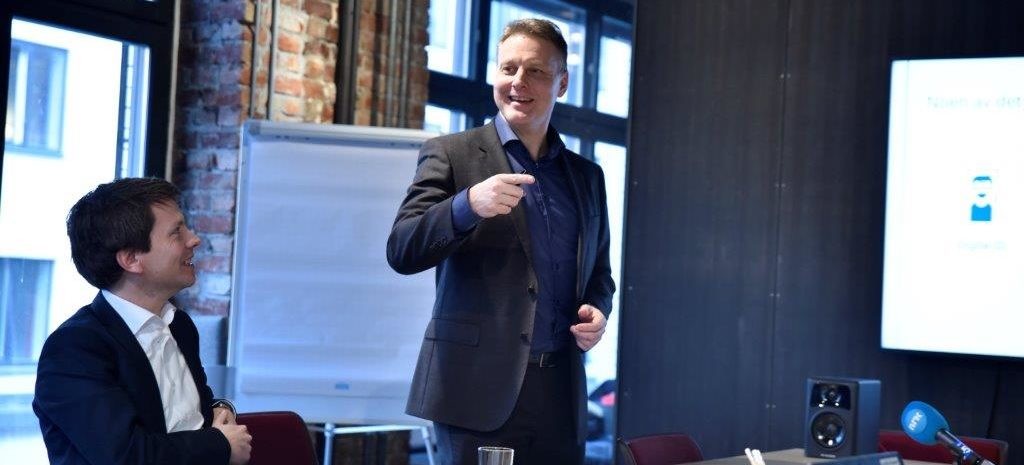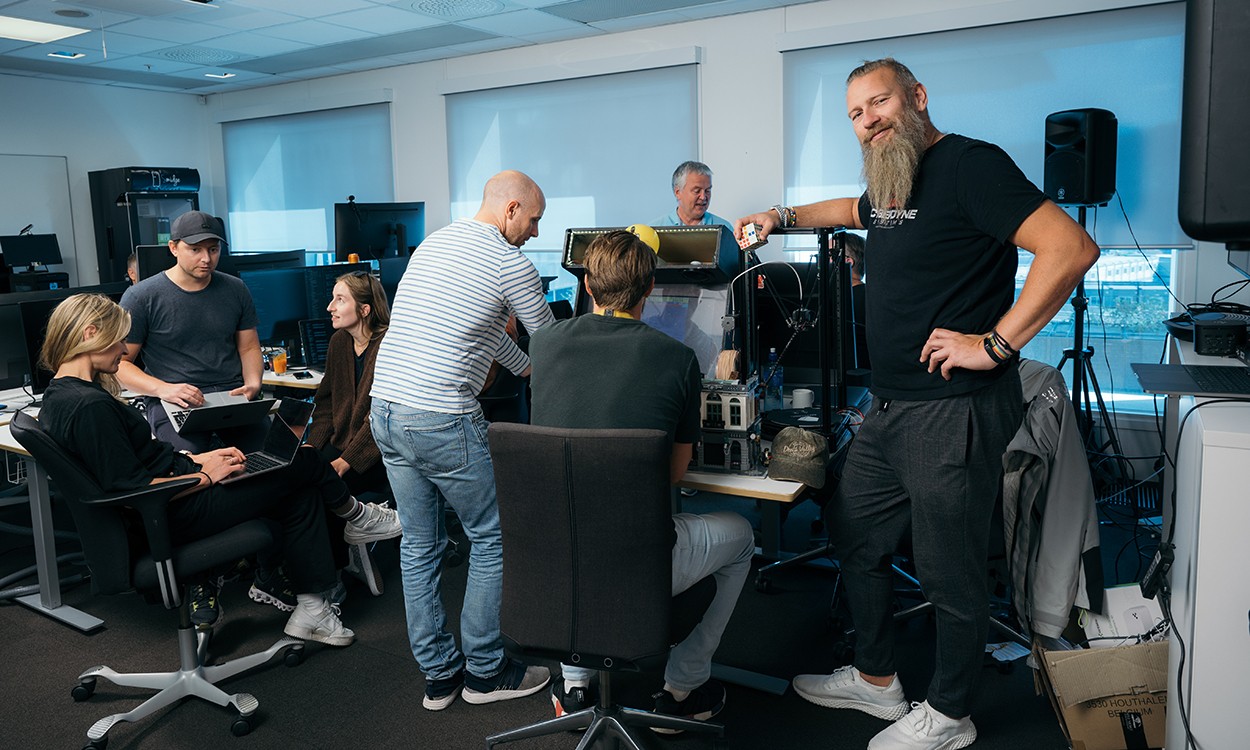The same statistics beat us, this year as last year. As much as 99 percent of all venture capital is invested in male entrepreneurs. 83 percent of day-to-day managers in Norwegian limited companies are men. Men own 79.1 percent of the value of private shares on the Oslo Stock Exchange. The CORE Top Leader Barometer shows that at the top of Norwegian business, only 15.5 percent of managing directors are women. In one of the most equal countries in the world, women still lag behind men in terms of salary, management and ownership.
Development is so slow in this area that it’s like watching paint dry. Or not really. Paint dries much faster than that!
There are several reasons why this is, but sadly there are more and more reasons why it remains so. You almost have to inherit a fortune or become richer than before, in order to carry on the business going forward.
With an increase in wealth tax and an increase in dividend tax, it will be more difficult to become an entrepreneur in Norway. As you know, wealth tax must be paid on company assets, regardless of whether you make a profit or not. Despite the fact that the left almost makes it a problem that the wealthy in Norway, sadly not many people have so much money in their accounts that they can foot the tax bill without further ado when it comes. If they have to take dividends, draining the company of money, to pay the tax bill, the company has less equity left to invest in new technology or new employees.
While traditionally men are above capital, often due to historical biases that prevent women from receiving inheritance or working, this bias is passed from generation to generation. This is despite the fact that women now make up the majority in higher studies and perform as well or better than boys. In fact, it’s so much better that it’s now a problem for boys to drop out of school. When the girls did worse in school, it was considered not smart enough.
In one place we are overrepresented, namely in health and care.
Slight digression. Until 1959, girls were given fewer Norwegian and math lessons at school so there would be room for housekeeping as scheduled, but they were still subjected to the same exams. When their performance was worse, it added water to the mills making women unsuitable for theoretical subjects. They are expected to perform better even though there are fewer instructions. Imagine that!
Women are underrepresented in STEM (abbreviation for Science, Technology, Engineering, Math) subject studies, which may explain why we are also underrepresented among tech entrepreneurs, the branch where great opportunities and wealth are created today. But in one place we are overrepresented, namely in health and care.
With the imminent influx of elderly, this should also provide great opportunities, as the need for health and care will only increase, while at the same time fewer and fewer of us of working age will participate in work life and be able to serve on staff. to meet needs. Because our warm hands are less, we need a wiser mind to overcome this challenge. And we like to build on what we already know. Therefore, we must have a lot of women entrepreneurs who are ready to think about new things in all parts of the care sector. It was noticed that there were far more frequently female managers and board members when private kindergartens emerged in the 2000s. Through consolidation and acquisition, many of these kindergartens are now in larger chains where they benefit from the advantages of having the capital behind them, access to the latest pedagogy and internal training which makes them less vulnerable. Women are still represented, but founders are often bought out. Why don’t they reinvest the money in something new?
When they do, they often end up on welfare profiteering lists. While men can sell their technology and services at a profit to the public sector without any problems, the sector where women dominate with their knowledge and expertise is stigmatized and unwanted. Why sacrifice reputation and capital to provide quality services to the young and elderly in need of care, when the risks you take and the work you do are underappreciated?
The government is now exploring how they can weed out private companies in health and care services, or at least ensure they don’t turn a profit (and thereby reduce their opportunities for innovation and new thinking). Women have less capital than men, but may not withdraw dividends from the companies they founded or work for. In addition, they are branded as welfare profiteers in political debates.
The government will expand the requirements for women in public companies to register with ordinary limited companies. This is despite the fact that the goal of having women on the ASA board is not to fulfill the statutory 40 percent quota, but this should contribute to more female managers in the company. The numbers are barely moving. So the policies that didn’t work in the ASA will now be extended to limited companies. In this way, we engage talented women as board members, rather than pushing them and where they can influence the organisation, management, recruitment and organizational culture – namely as company managers.
Those who speak the loudest about equality are pursuing counterproductive policies in completely the wrong way. Were it not for the fact that they are simultaneously pursuing policies that scare the wealthy and heirs out of Norway, one would almost believe this is the only group they would like to see at the top in Norway. Because while women are entertained in debate, they are not entertained in their natural arena or given the financial opportunity to be able to stand in possession.
Do we really want women on top?
(Voices is ABC Nyheter’s debating section. Here regular and occasional contributors write on current news topics. We also work with political online newspapers Altinget. no . If you are passionate about an opinion or analysis, you can send a text to stemmer@abcnyheter.no, and we will consider it).

“Music maven. Evil pop culture lover. Unapologetic creator. Friend of animals everywhere.”






